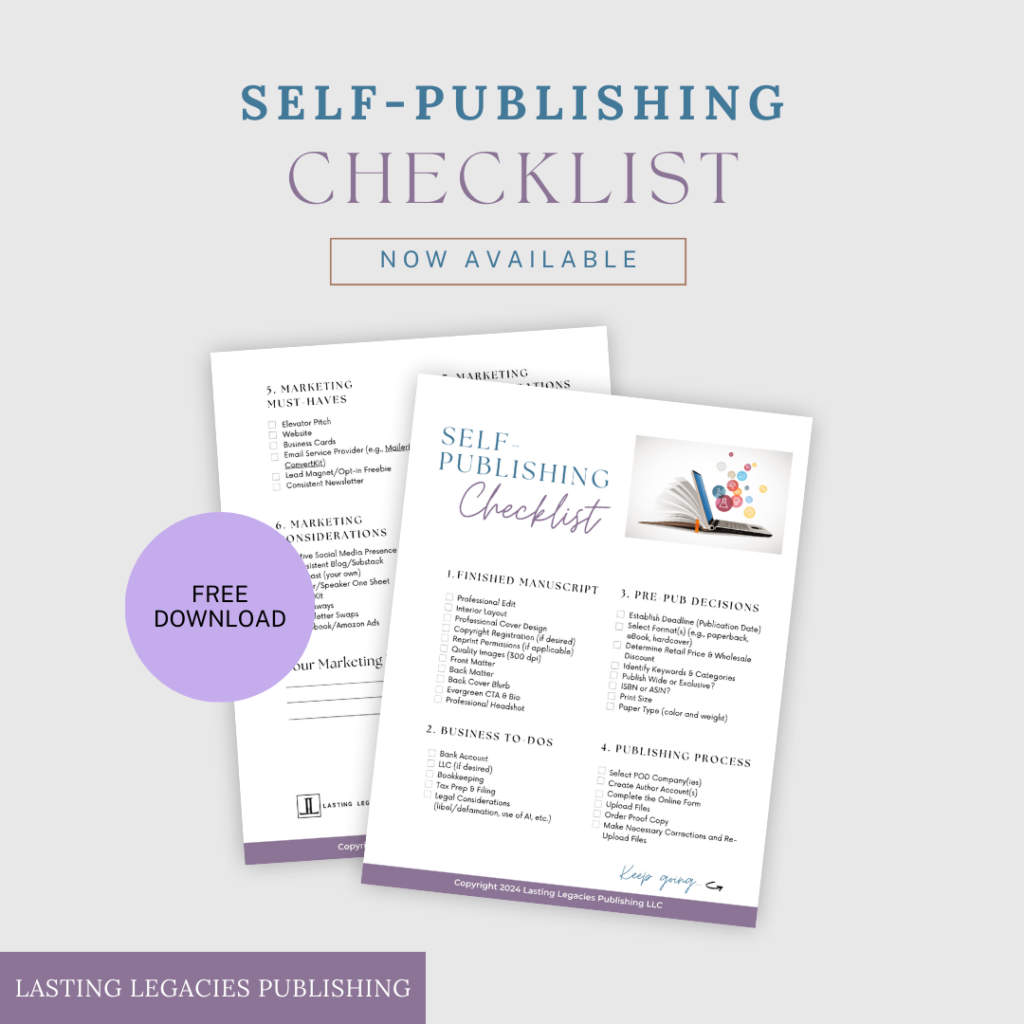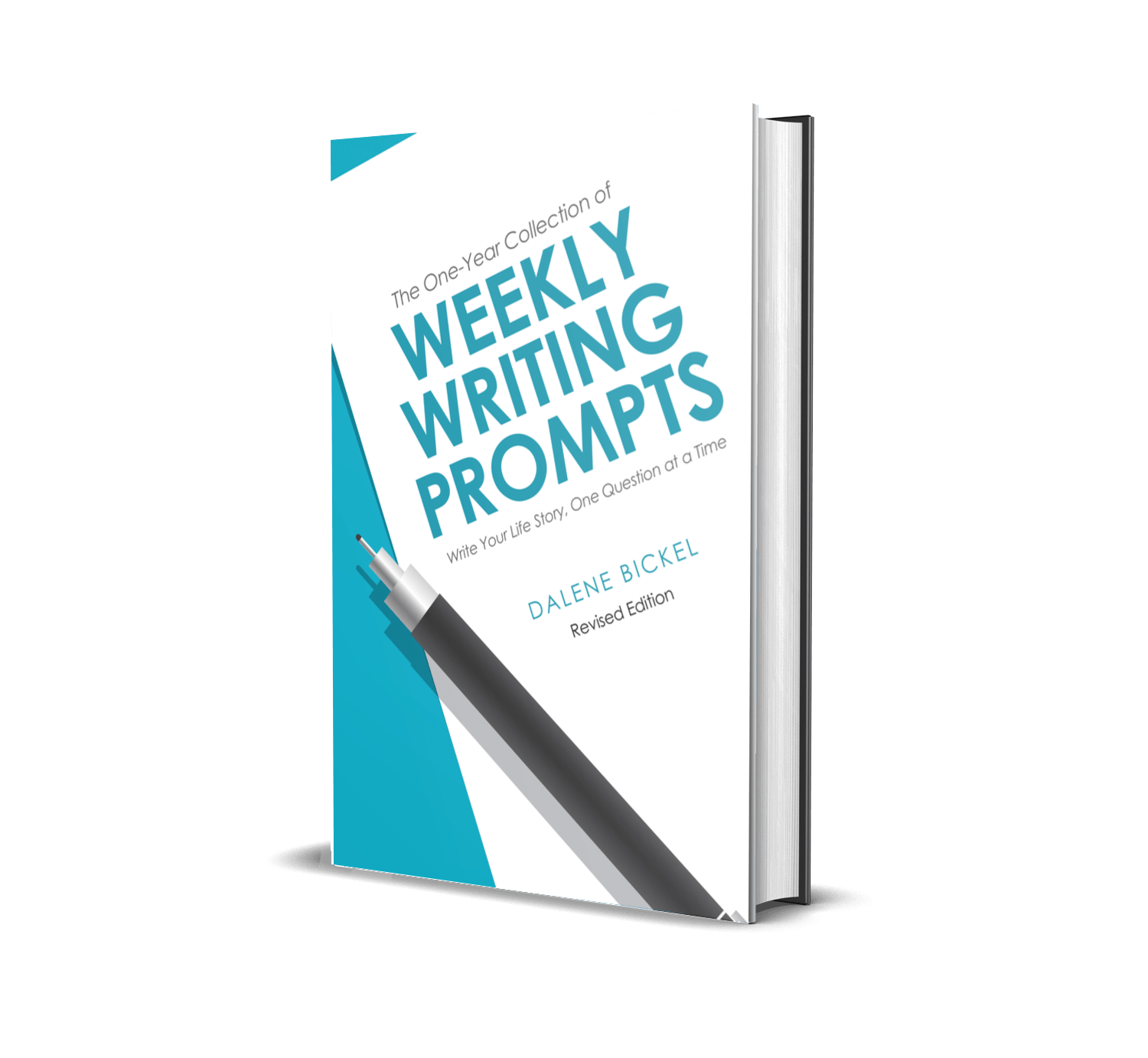If you frequently find yourself procrastinating as a writer, the six practical tips (and one a-ha mindset shift) in this article will help you become a much more prolific writer.
I think it’s safe to say that everyone has procrastinated at some point in their lives.
But it seems to be a recurring theme among writers.
In fact, just this week within my Inkwell writing group, the topic came up and laments and nods of understanding were shared by each and every one of us.
Isn’t it strange that we procrastinate so much? After all, procrastination is usually reserved for something we don’t like to do but simply must get done, like washing dishes and cleaning boy-bathroom toilets.
Writing a book, however, is something we DO want to do. It’s a dream of ours, something that we long to complete.
So why do we continue to procrastinate???
—————————————
It’s no secret that Oswald Chambers’ devotional, My Utmost for His Highest is my favorite devotional.
In it he says, “There is a difference between an ideal and a vision.”
Curiosity piqued, I looked up the definitions of both words.
Ideal: existing only in the imagination; desirable or perfect but not likely to become a reality. Considered unattainable or unachievable.
Vision: ability to think about or plan for the future with imagination or wisdom.
This was my a-ha moment.
Many aspiring authors have an ideal of writing a book rather than a vision.
They’re attracted to the idea and think about all the good that could come from writing a book, and might even dabble at writing here and there, but they allow interruptions and distractions to take over.
Since at their core they don’t think they’re capable of writing a book – that it’s unattainable, they’ll fall prey to imposter syndrome and comparison. They don’t commit to doing the work required, and ultimately it becomes a bucket list item to complete “one day.”
Writers who have a vision, however, put together a PLAN that enables them to complete their book. They acquire the KNOWLEDGE or WISDOM necessary to move to the next phase of their journey.
As Oswald says, “The people who give themselves over to ideals rarely DO anything.” But those who have a vision not only take action but do so under moral inspiration and godly incentive.
He cautions against taking action all on our own. “If we are … doing things on our own initiative without expecting God to come in, we are on the downward path, we have lost the vision.”
So let me ask you: Is your book an ideal or a vision? And are you trying to do it all on your own?
These are questions only you can answer.
But while you ponder them, I want to provide you with some practical tips in case you want to limit procrastination and turn your vision into reality.
6 Ways to Stop Procrastinating as a Writer
- Invite God into the process through prayer and be receptive to His promptings. John 15:5 (ESV) says: “I am the vine; you are the branches. Whoever abides in me and I in him, he it is that bears much fruit, for apart from Me you can do nothing.”
- Create a plan – How will you write your book, when will you write, where will you, and why are you writing? You probably know the answers to these questions in your head, but it’s important to write them down and create a scheduled writing plan. In order to stop procrastinating as a writer, you need to develop a routine and protect your writing time.
- Obtain the necessary knowledge and skills – There are lots of resources out there to help you overcome whatever hurdles stand in your path. Don’t let excuses prevent you from getting the information you need. There are tons of free info on YouTube, podcasts, and blogs that you can apply yourself. Or, if you need a bit of customized guidance, there are lots of courses and coaching programs out there (I happen to offer both; simply click on the links to learn more about them).
- Seek encouragement and accountability – Let’s face it. Our family members often don’t get the challenges we face as writers. Seek and obtain support from fellow writers in a writing community. If you aren’t already a member of a wrtiting group, I invite you to join the free Ink & Impact Facebook group and/or my paid Inkwell membership.
- Try new things – Sometimes procrastinating as a writer is the result of boredom. Try switching things up to get the creative juices flowing again. Write at different times of the day/evening to learn which works best for you. Aim to write more words/pages per session than you normally write and set a timer for a shorter or longer timeframe. Write outside or go to a local coffee shop.
- Limit Distractions – Are you constantly interrupted? Lock the door and put a “Writing in Progress” sign on it. Use the distraction-free window of Microsoft Word and Scrivener (other programs probably have such a feature as well). Put your cell phone on vibrate and place it in another room of the house. Close your email program so you’re not getting notifications of new (probably spam) messages.
So there you have it. One mindset shift (ideal vs. vision) and six practical ways to stop procrastinating as a writer.
Which one will you try first? Let me know in the comments!
Join The Inkwell!
The Inkwell, hosted by Dalene Bickel, is your opportunity to develop a consistent writing routine, write in community, and fuel your faith.
Grab your pen and paper or open your favorite writing application and let’s write together LIVE via Zoom every week PLUS get free access to the monthly Craft Chat workshops!









0 Comments